A group of Bolivian soldiers stands guard in front of a Silala riverbed, on the border between Bolivia and Chile, during an act in March 2013. AIZAR RALDES (AFP)
During this first fortnight of April, Chile and Bolivia have faced each other again in the International Court of Justice in The Hague.
In 2018, the Court ruled in favor of Chile, after a judicial process of almost five years, in the Bolivian lawsuit that sought to force Chile to negotiate a sovereign outlet to the sea.
Now, the controversy is over a river in the Atacama desert, the driest area in the world.
This time it was Chile that filed the lawsuit.
This is because, in the midst of the maritime demand, then President Evo Morales accused Chile of "stealing" the waters of the Silala, denying that it was an international river;
threatened to cut off the flow of waters that cross from Bolivia to Chilean territory due to a strong gradient, at 4,300 meters high: and announced that it would file a second lawsuit against Chile.
Faced with these threats, in order to generate legal certainty and resolve a dispute that has lasted more than 25 years, the government of President Michelle Bachelet anticipated suing La Paz in The Hague, after having reviewed studies accumulated in the Foreign Ministry and consulted leading hydrologists, geologists, environmental lawyers and specialists on international watercourses.
Chile had used those waters for more than a century, without any objection from the neighboring country.
In fact, until 1999, Bolivia recognized that the Silala is an international watercourse.
In the map that accompanies the Peace and Friendship Treaty of 1904, the Silala River clearly appears, as in the Bolivian cartography before and after that year.
Moreover, until 1999, La Paz rejected the thesis of the diversion of the waters towards Chile, as was made clear in an official statement dated May 7, 1996, where it denied the artificial diversion argument put forward by the Bolivian media.
The waters of the Silala River have been used on the Chilean side to supply drinking water to various cities and towns, in mining deposits and for industrial purposes.
In 1906, the Chilean state granted a concession to Ferrocarril Antofagasta Bolivia (FCAB), a British private company, and Bolivia followed suit two years later.
If Chile granted a concession to FCAB, there was obviously a river in Chilean territory.
Chile has requested that the Court judge and declare that the Silala is an international watercourse;
that the country has the right to the equitable and reasonable use of these waters in accordance with customary international law, as well as the use that it currently makes of these waters;
and that Bolivia has the obligation to adopt all measures to prevent and control damage to Chile resulting from activities near the river, as well as the obligation to cooperate and inform Chile of any initiative that could have a negative effect on this resource. shared water.
During the trial, Bolivia has backtracked, admitting that the Silala is an international watercourse and that international law provides for the equitable and reasonable use of transboundary rivers.
The Bolivian argument now focuses on the supposed existence of an "artificial flow" versus a "natural flow", for which this artificial flow, the product of channels built by FCAB in 1928, would have improved the volume of water in Chilean territory.
However, the Bolivian State was responsible for having authorized the FCAB company to build these canals in its own territory (to remedy water contamination by insect larvae), and La Paz has allowed their uninterrupted operation for nearly 100 years.
Furthermore, there is no distinction in international law between “natural flow” and “artificial flow”, and there is no legal basis for Bolivia to now claim exclusive sovereignty over an allegedly artificial part of the Silala flow.
For the rest, the elimination of the canals in Bolivian territory —to which Chile is not opposed— would leave the flow of waters to Chile virtually intact, as has happened for 8,400 years, when the Silala River was born.
Chile has repeatedly insisted on a bilateral agreement to settle this dispute, without Bolivia accepting.
Meanwhile, both countries have wasted valuable time in seeking a global integration approach in the various matters of mutual interest that concern two neighboring countries, in order to look to the future instead of prolonging the history of the 19th century.
Subscribe here to the EL PAÍS América
newsletter
and receive all the key information on current affairs in the region
Heraldo Muñoz
, a Chilean diplomat, was foreign minister in the second government of Michelle Bachelet.
Exclusive content for subscribers
read without limits
subscribe
I'm already a subscriber



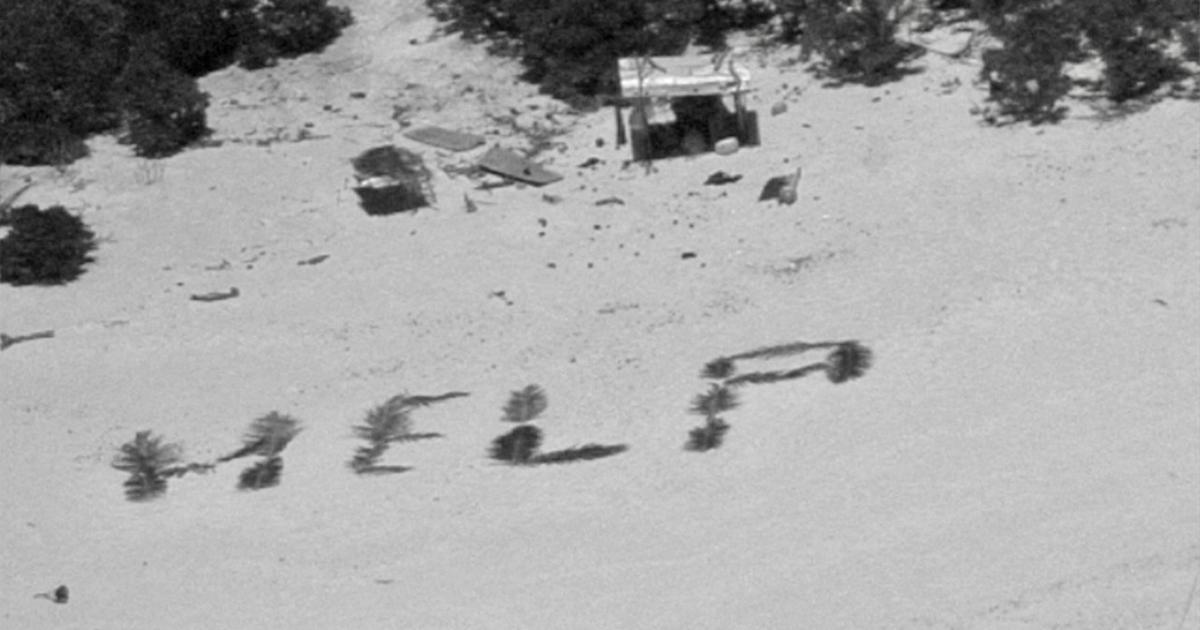
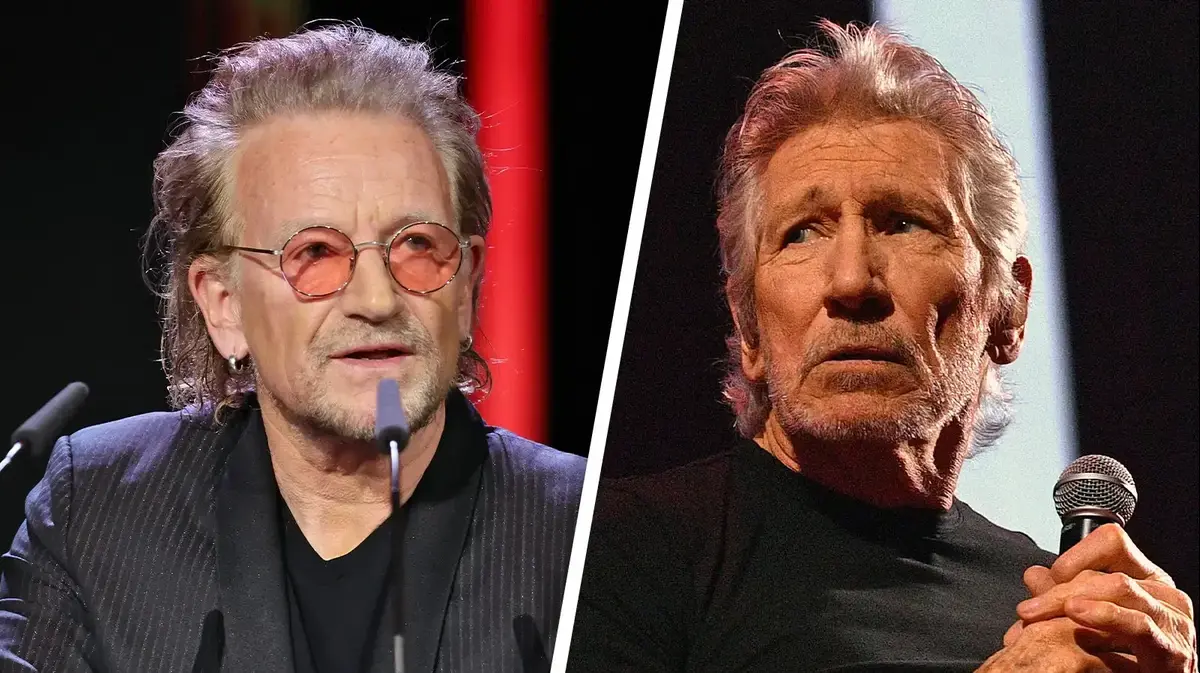

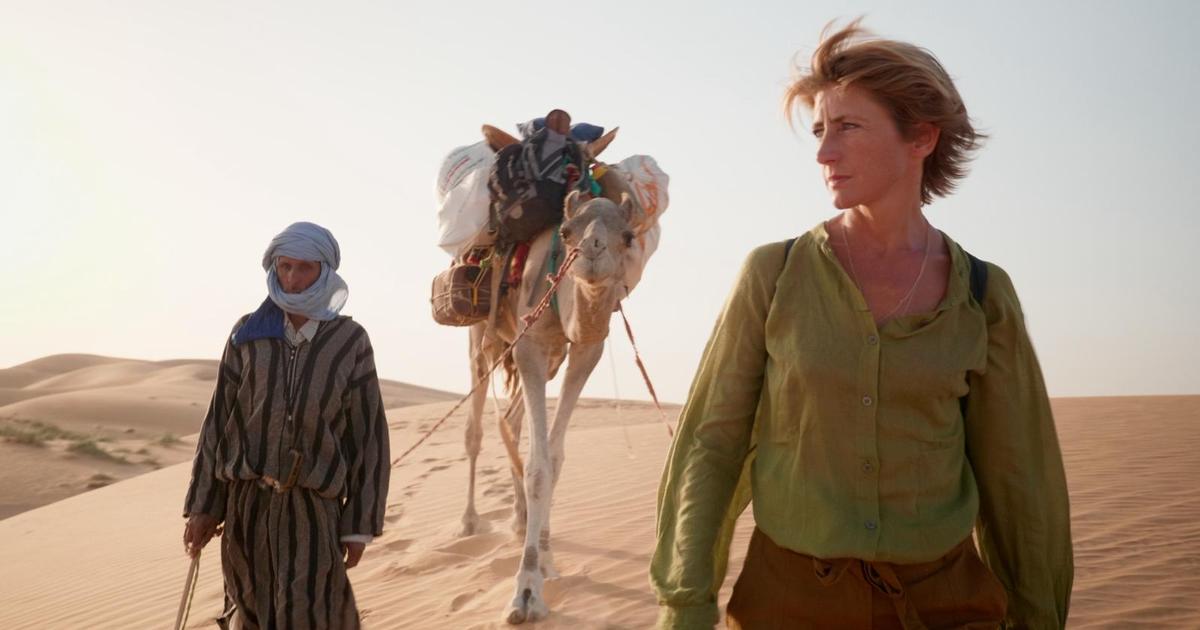
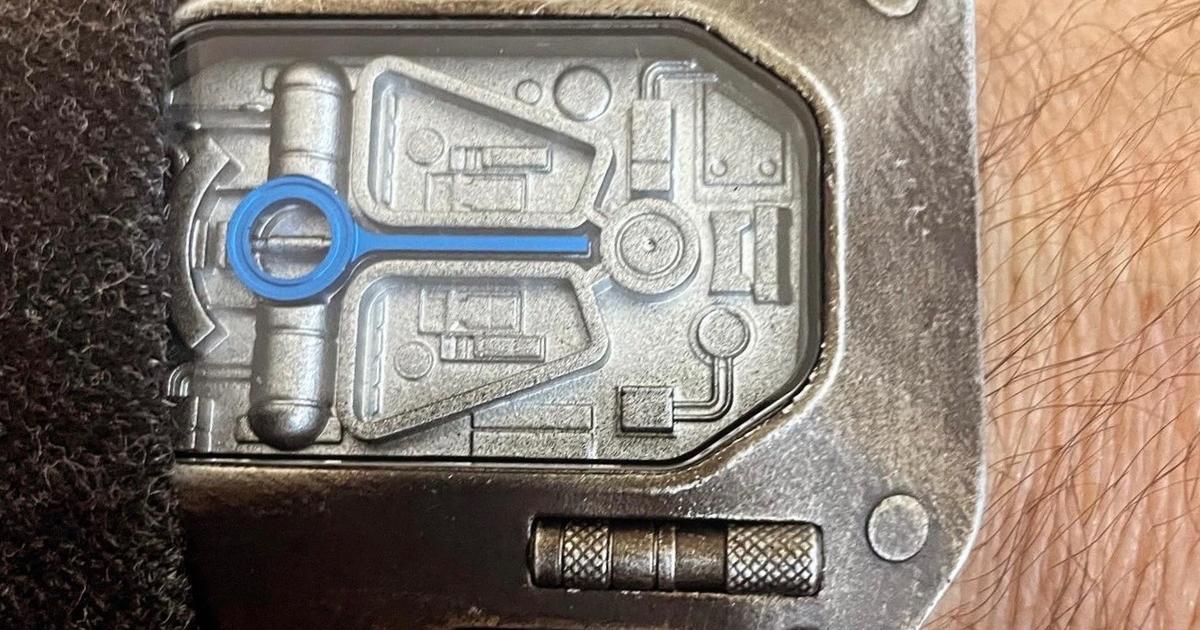

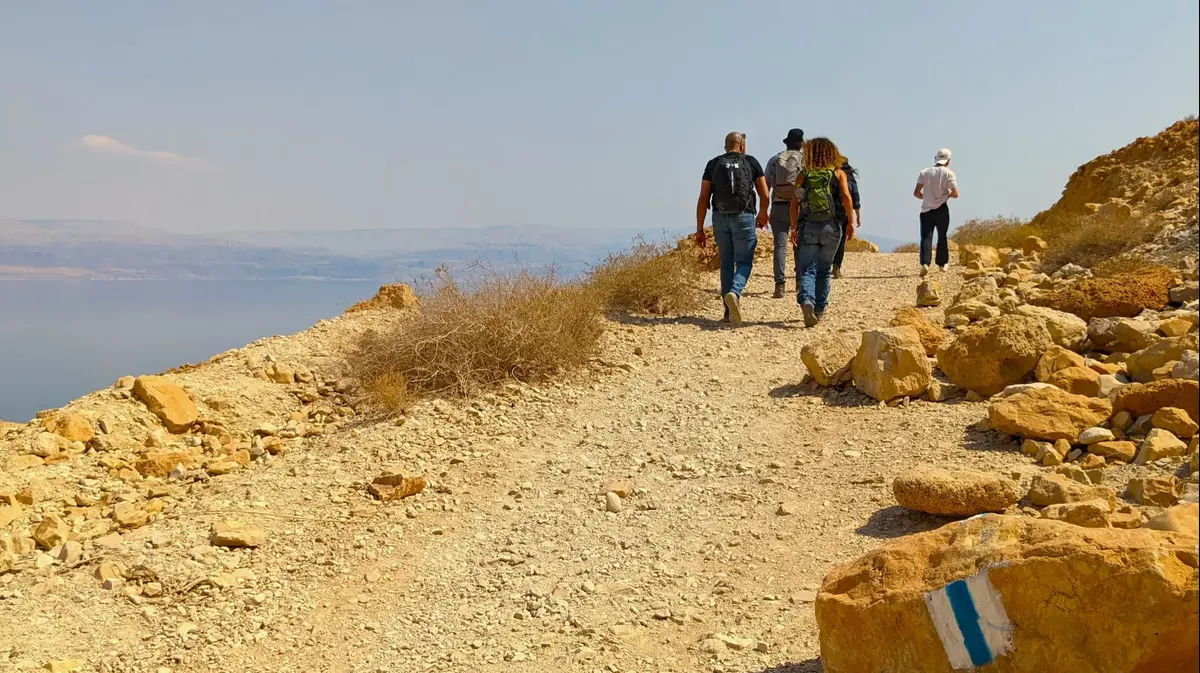



/cloudfront-eu-central-1.images.arcpublishing.com/prisa/KMEYMJKESBAZBE4MRBAM4TGHIQ.jpg)

